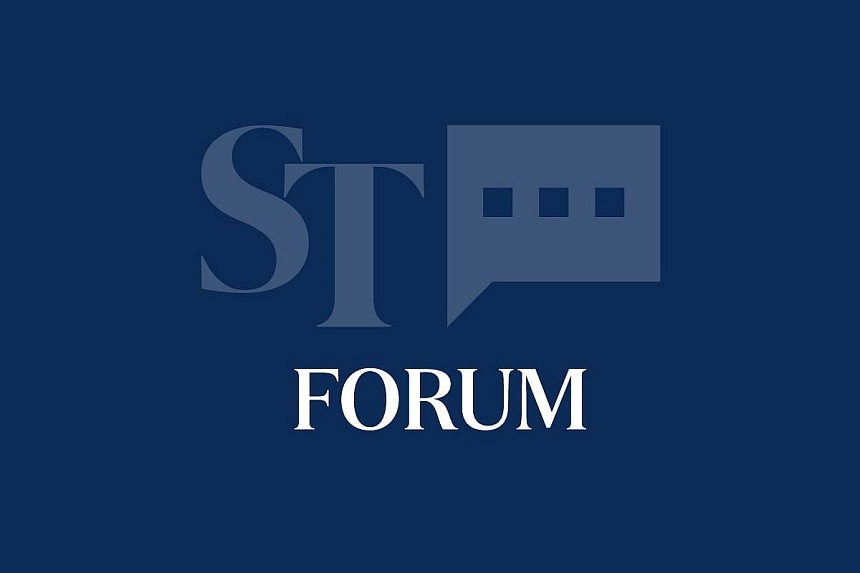
Similar Posts
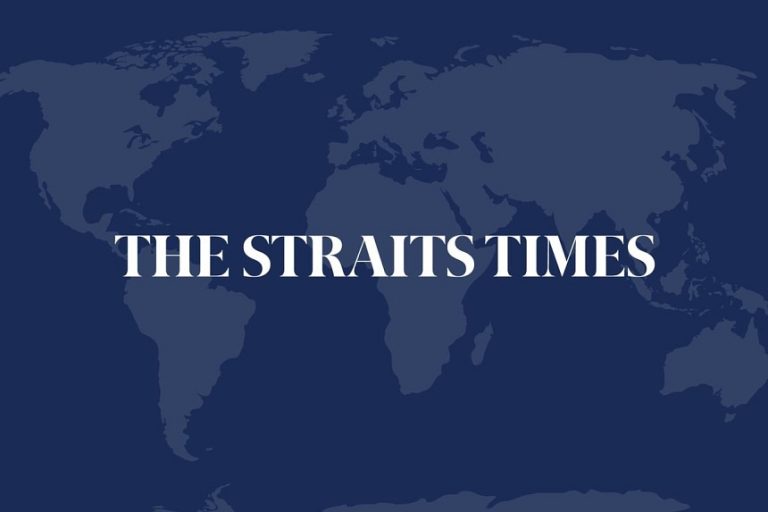
SEOUL – Pro-Russia hacking groups have conducted cyberattacks against South Korea after North Korea dispatched troops to Russia to support its war against Ukraine, Seoul’s presidential office said on Friday.
The office held an emergency intra-agency meeting after detecting denial-of-service attacks on some government and private websites in recent days.
Some of the websites experienced temporary outages but there was no serious damage, it said, adding that the government will strengthen its ability to respond to such attacks.
“Cyber attacks by pro-Russian hacktivist groups on our country have occurred intermittently in the past, but have become more frequent since North Korea dispatched troops to Russia and participated in the Ukraine war,” the office said in a statement.
Seoul and Washington have said there are more than 10,000 North Korean soldiers in Russia, and U.S. officials and Ukraine’s defence minister said some of them have engaged in combat in Kursk, near the Ukraine border.
The new military cooperation between Pyongyang and Moscow has been condemned by South Korea, the United States and Western allies. Ukrainian President Volodymyr Zelenskiy said on Tuesday that the first battles between his country’s military and North Korean troops “open a new page in instability in the world.” REUTERS
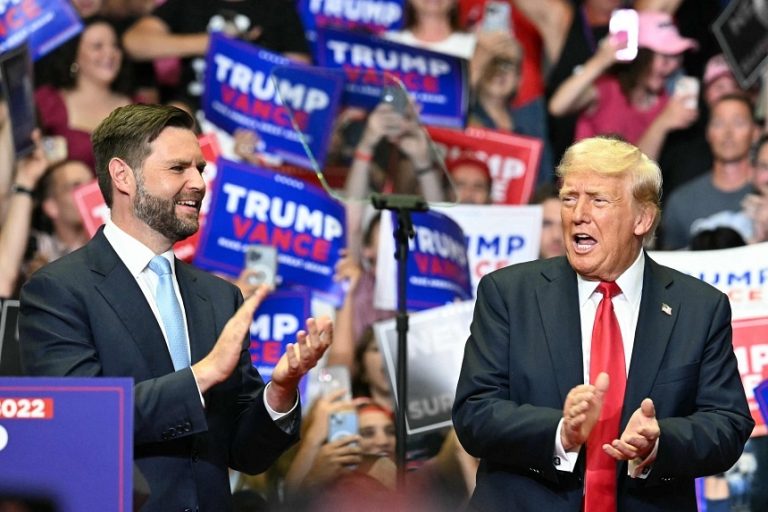
WASHINGTON – Chinese hackers who tapped into Verizon’s system targeted phones used by Republican presidential candidate Donald Trump and his running mate JD Vance, the New York Times reported on Oct 25, citing people familiar with the matter.
The newspaper said investigators were working to determine what communications, if any, were taken.
The Trump campaign was made aware this week that Trump and Mr Vance were among a number of people inside and outside of government whose phone numbers were targeted through the infiltration of Verizon phone systems, it added.
The campaign did not immediately respond to a request for comment.
The Trump campaign was hacked earlier this year. The US Justice Department charged three members of Iran’s Revolutionary Guards Corps with the hack and trying to disrupt the Nov 5 election. REUTERS
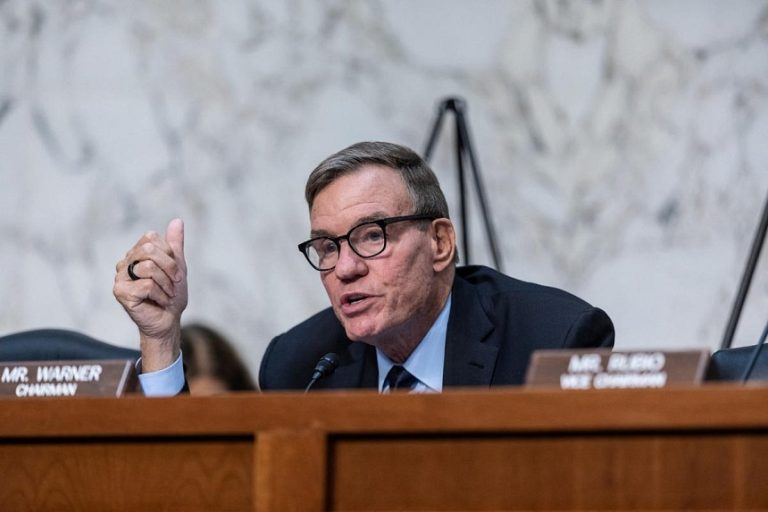
A breach of telecoms companies that the United States said was linked to China was the “worst telecom hack in our nation’s history – by far”, the chairman of the Senate Intelligence Committee told the Washington Post on Thursday.
Earlier this month, U.S. authorities said China-linked hackers had intercepted surveillance data intended for American law enforcement agencies after breaking into an unspecified number of telecom companies.
The hackers compromised the networks of “multiple telecommunications companies” and stole U.S. customer call records and communications from “a limited number of individuals who are primarily involved in government or political activity,” according to a joint statement released by the FBI and the U.S. cyber watchdog agency CISA on Nov. 13.
Beijing has repeatedly denied claims by the U.S. government and others that it has used hackers to break into foreign computer systems.
The Chinese embassy in Washington did not immediately respond to a request for comment from Reuters on Thursday night.
There were also reports Chinese hackers targeted telephones belonging to then-presidential and vice presidential candidates Donald Trump and JD Vance, along with other senior political figures, raising widespread concern over the security of U.S. telecommunications infrastructure.
“This is an ongoing effort by China to infiltrate telecom systems around the world, to exfiltrate huge amounts of data,” Mark Warner told the Washington Post.
The breach went further than the Biden administration has acknowledged, with hackers able to listen to telephone conversations and read text messages, Warner was cited as saying in a separate interview by the New York Times.
“The barn door is still wide open, or mostly open,” he told the publication. REUTERS
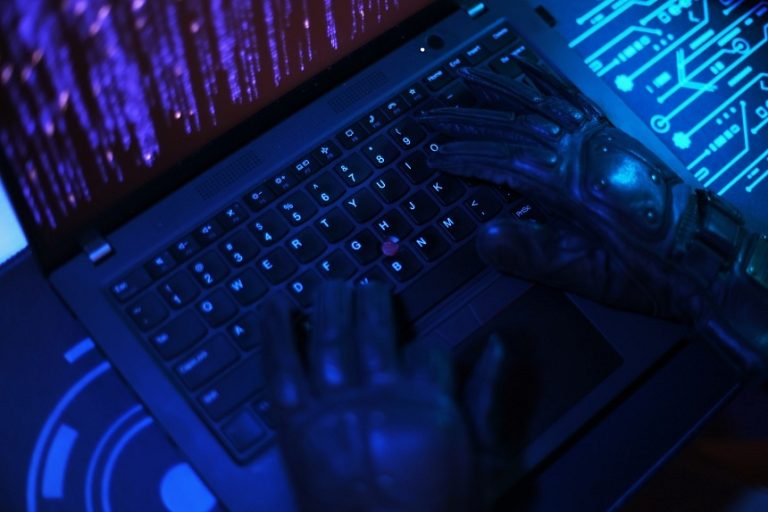
“Ofcom to Detail Actions Required for Social Media Companies Over Illegal Content by December”
LONDON – Britain’s media regulator Ofcom said on Oct 17 that it would detail what action it expected social media companies to take over illegal content on their platforms in December, saying it expected swift action or they would face consequences.
Ofcom, which is responsible for implementing the government’s Online Safety Bill, said the platforms would have three months to complete their own illegal harms risk assessments after the publication of its demands.
“The time for talk is over,” Ofcom’s Chief Executive Melanie Dawes said on Oct 17. “From December, tech firms will be legally required to start taking action, meaning 2025 will be a pivotal year in creating a safer life online.”
She said the regulator had already seen positive changes, but expectations were going to be high.
“We’ll be coming down hard on those who fall short,” she said.
Ofcom said better protections had already been introduced by Meta, the owner of Instagram and Facebook, and Snapchat which have brought in changes to help prevent children being contacted by strangers.
Britain’s new online safety regime, which became law last year, requires social media companies to tackle the causes of harm, particularly for children, by making their services safer.
If companies do not comply with the new law, they could face significant fines and, in the most serious cases, their services could be blocked in Britain. REUTERS
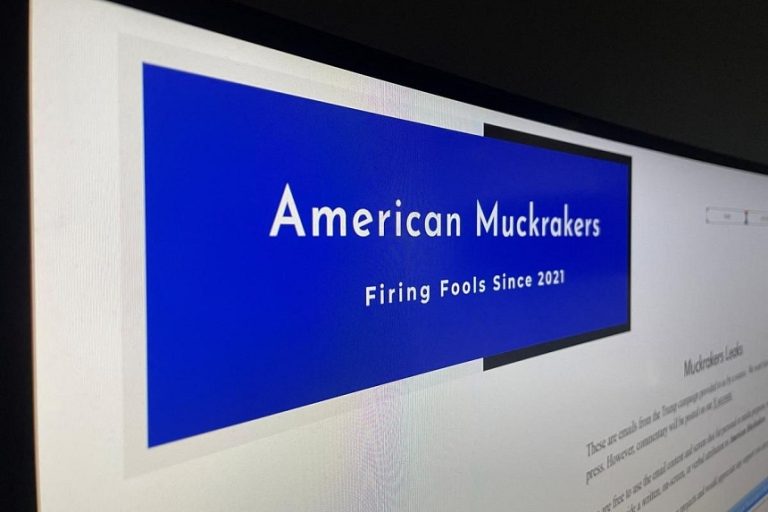
WASHINGTON – The accused Iranian hacking group who intercepted Republican U.S. presidential candidate Donald Trump’s campaign emails have finally found some success in getting their stolen material published after initially failing to interest the mainstream media.
In recent weeks, the hackers began peddling Trump emails more widely to one Democratic political operative, who has posted a trove of material to the website of his political action committee, American Muckrakers, and to independent journalists, at least one of whom posted them on the writing platform Substack. The latest material shows Trump campaign communications with external advisers and other allies, discussing a range of topics leading up to the 2024 election.
The hackers’ activities tracked by Reuters provide a rare glimpse into the operations of an election interference effort. They also demonstrate Iran remains determined to meddle in elections despite a September U.S. Justice Department indictment accusing the leakers of working for Tehran and using a fake persona.
The indictment alleged that an Iranian-government linked hacking group, known as Mint Sandstorm or APT42, compromised multiple Trump campaign staffers between May and June by stealing their passwords. In a Homeland Security advisory published earlier this month, the agency warned that the hackers continue to target campaign staff. If found guilty, they face prison time and fines.
The Department of Justice indictment said the leakers were three Iranian hackers working with Iran’s Basij paramilitary force whose voluntary members help the regime to enforce its strict rules and to project influence. Attempts to reach the hackers identified by name in the indictment via email and text message were unsuccessful.
In conversations with Reuters, the leakers – who collectively use the fake persona “Robert” – did not directly address the U.S. allegations, with one saying “Do you really expect me to answer?!”
“Robert” is the same fake persona referred to in the U.S. indictment, according to FBI emails sent to journalists and reviewed by Reuters.
Iran’s mission to the United Nations said in a statement that reports of the country’s involvement in hacking against the U.S. election were “fundamentally unfounded, and wholly inadmissible,” adding that it “categorically repudiates such accusations.” The FBI, which is investigating Iran’s hacking activity against both presidential campaigns in this election, declined to comment.
David Wheeler, the founder of American Muckrakers, said the documents he shared were authentic and in the public interest. Wheeler said his goal was to “expose how desperate the Trump campaign is to try to win” and to provide the public with factual information. He declined to discuss the material’s origin.
Without making any specific references, the Trump campaign said earlier this month that Iran’s hacking operation was “intended to interfere with the 2024 election and sow chaos throughout our democratic process,” adding any journalists reprinting the stolen documents “are doing the bidding of America’s enemies.”
In 2016, Trump took a different position when he encouraged Russia to hack into Hillary Clinton’s emails and provide them to the press.
LEAK OPERATION
The leak operation started around July when an anonymous email account, [email protected], began communicating with reporters at several media outlets, using the Robert moniker, according to two people familiar with the matter. They initially contacted Politico, the Washington Post and the New York Times, promising damning internal information about the Trump campaign.
In early September, the accused Iranian hackers used a second email address, [email protected], in a fresh round of overtures, including to Reuters and at least two other news outlets, the two people familiar with the matter, said.
At the time, they offered research compiled with public information by the Trump campaign into Republican politicians JD Vance, Marco Rubio and Doug Burgum, all of whom were under consideration as Trump’s running mate.
The vice presidential reports were authentic, a person familiar with the Trump campaign told Reuters. Neither Politico, the Washington Post, the New York Times, nor Reuters published stories based on the reports.
New York Times spokesperson Danielle Rhoades Ha, said the newspaper only published articles based on hacked material “if we find newsworthy information in the materials and can verify them.”
In an email, the Washington Post referred Reuters to past comments made by its executive editor, Matt Murray, who said the episode reflected the fact that news organizations “aren’t going to snap at any hack” provided to them. A spokesperson for Politico said the origin of the documents was more newsworthy than the leaked material. Reuters did not publish this material because the news agency did not believe it was newsworthy, a spokesperson said.
Both AOL email accounts identified by Reuters were taken offline in September by its owner Yahoo, which worked with the FBI before the indictment to trace them to the Iranian hacker group, according to two people familiar with the investigation. Yahoo did not respond to a request for comment.
Before losing email access, Robert suggested reporters might need an alternate contact and offered a telephone number on the encrypted chat application Signal. Signal, which is more difficult to monitor by law enforcement, did not return messages seeking comment.
Some senior U.S. intelligence and law enforcement officials have said that Iran’s interference efforts this election cycle are focused on denigrating Trump as they hold him responsible for the 2020 American drone assassination of former Iranian military general Qassem Soleimani.
Thus far, the already-published leaks do not appear to have changed the public dynamics of the Trump campaign.
MUCKRAKERS
On Sept. 26, North Carolina-based American Muckrakers, began publishing internal Trump campaign emails. Active since 2021, the PAC has a history of publicizing unflattering material about high-profile Republicans. According to public disclosure reports, it is funded through individual, small-dollar donors from around the country.
On its website, American Muckrakers said the leaks came from “a source,” but, ahead of the publication last month, the group publicly asked Robert to get in touch. “HACKER ROBERT, WHY THE F DO YOU KEEP SENDING THE TRUMP INFORMATION TO CORPORATE MEDIA?” the group said in a post to X. “Send it to us and we’ll get it out.”
When asked whether his source was the alleged Iranian persona Robert, Wheeler said “that is confidential” and that he had “no confirmation of the source’s location.” He also declined to comment on whether the FBI had warned him that the communication was the product of a foreign influence operation.
In one example, Muckrakers published material on Oct. 4th purporting to show an unspecified financial arrangement with lawyers representing former Presidential candidate Robert F. Kennedy Jr. and Trump. RFK Jr. attorney Scott Street, said in an email to Reuters he could not speak publicly about the incident. Reuters confirmed the authenticity of the material.
Muckrakers subsequently published documents from Robert about two high-profile races. It included alleged campaign communication about North Carolina Republican gubernatorial candidate Mark Robinson and Florida Republican representative Anna Paulina Luna, both of whom were endorsed by Trump.
The exchange about Robinson concerned an attempt by Republican adviser W. Kirk Bell, to seek guidance from the Trump camp after the scandal over comments attributed to Robinson on a pornographic forum. Robinson has previously denied the comments. The other message came from a Republican adviser sharing information with the campaign about Luna’s personal life.
Robinson and Luna’s campaigns did not return messages seeking comment.
One of the few journalists contacted by Robert who did publish material was independent national security reporter Ken Klippenstein, who posted the vice presidential research documents to Substack late last month. Robert confirmed to Reuters that they gave the material to Klippenstein.
Substack did not respond to a question about its policies concerning hacked material.
After the story, Klippenstein said FBI agents contacted him over his communication with Robert, warning that they were part of a “foreign malign influence operation.” In a post, Klippenstein said the material was newsworthy and he chose to publish it because he believed the news media should not be a “gatekeeper of what the public should know.”
A spokesperson for Reuters, which received similar notifications from the FBI, said, “We cannot comment on our interactions, if any, with law enforcement.” An FBI spokesperson declined to comment on its media notification effort.
Wheeler said he had new leaks in store “soon” and that he would continue to publish similar documents as long as they were “authentic and relevant.” REUTERS
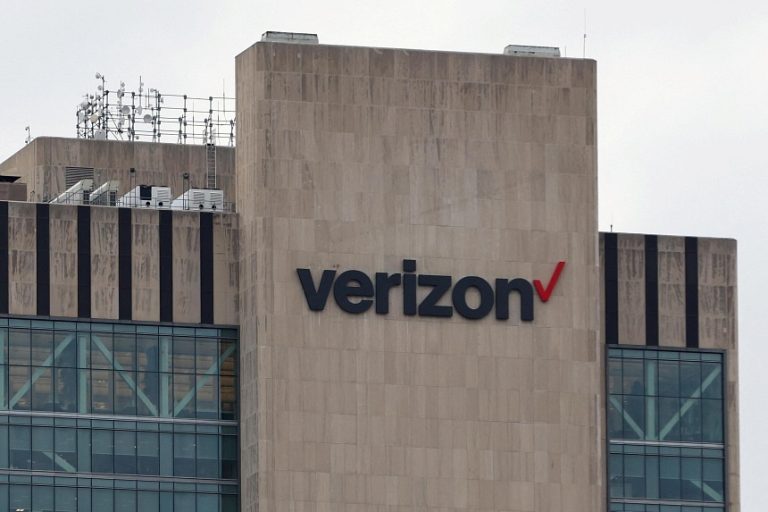
MARYLAND – The director of the US National Security Agency on Nov 20 urged the private sector to take swift, collective action to share key details about breaches they have suffered at the hands of Chinese hackers who have infiltrated US telecommunications.
General Timothy Haugh, a four-star Air Force general who leads the NSA and Cyber Command, told Bloomberg News at the National Security Innovation Forum in Washington that public disclosure would help find and oust the hackers, as the US continues to try to understand a new spate of damaging mass breaches.
In calling for more disclosure, General Haugh didn’t identity specific companies.
General Haugh said he wants to provide a public “hunt guide” so cybersecurity professionals and companies can search out the hackers and eradicate them from telecommunications networks.
“The ultimate goal would be to be able to lay bare exactly what happened in ways that allow us to better posture as a nation and for our allies to be better postured,” he said, adding the US is reliant on industry to share insights into what happened on their own networks.
US authorities have confirmed Chinese hackers have infiltrated US telecommunications in what Senator Richard Blumenthal, a Connecticut Democrat, this week described as a “sprawling and catastrophic” infiltration. AT&T Inc, Verizon Communications Inc and T-Mobile are among those targeted.
Through those intrusions, the hackers targeted communications of a “limited number” of people in politics and government, US officials have said.
They include Vice-President Kamala Harris’ staff, president-elect Donald Trump and vice-president-elect JD Vance, as well as staffers for Senate Majority Leader Chuck Schumer, according to Missouri Republican Senator Josh Hawley.
Representatives of the Chinese government have denied the allegations.
China is “doing this on a scale en masse and as a national effort,” General Haugh said.
The US experience and response is more disjointed, given the limited reach of different law enforcement agencies and the dependence on information from the private sector. There are multiple investigations underway associated with the telecommunications breaches, he said.
“Everybody is in a slightly different place as it relates to Salt Typhoon,” General Haugh said, referring to Microsoft Corporation’s name for the group believed to be behind the telecommunications breaches.
Two cybersecurity experts who requested anonymity to speak freely have privately complained about the lack of information shared that could otherwise help them and others understand, find and tackle the hacks.
Detailed public disclosures would mean that even if some companies haven’t seen the intrusions yet, “they can begin to put countermeasures in place,” General Haugh said. It would also help other nations uncover and root it out too, General Haugh said.
“It’s going to take collective work,” he said, adding the “speed” with which everyone collaborates is a key step. BLOOMBERG
